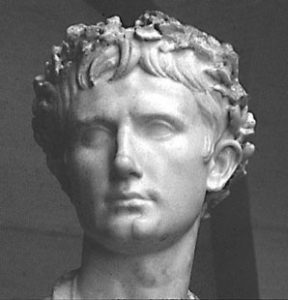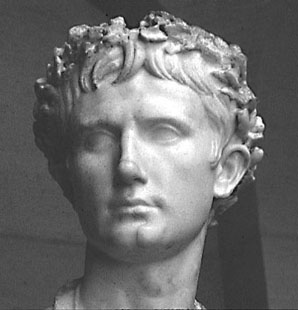 To Benjamin de Casseres
To Benjamin de Casseres
Hotel Bristol,
Rome. Sept. 17, 1938
Dear Mr. De Casseres
My “friends”, who said I was no poet—and I agreed with them—were exquisites of the 1890’s. Perhaps you are too young to remember that “aesthetic” age. I am not ashamed of my compositions in verse—not all published—but I feel that they are not English poetry. They are Latin eloquence. The recipe for the dish is, first, to have a clear thought expressible in prose, which carries with it, in your mind, a definite emotion, and 2nd to heighten or leaven it with meter, alliteration, and allusions to kindred matters, so that an educated man (like the author) can vibrate largely and sympathetically to the whole thing. When well done, this is a splendid production, like a mature beautiful woman sumptuously dressed for a ball. Now, personally, that is the kind of woman I would rather look at and talk with. She is imposing, she is rational, she says true and wise things, she has the fragrance of good society, and no nonsense, about her. And accordingly, for my own satisfaction, I like to say over to myself at night, when not sleepy, long fragments of Horace, Racine, and Leopardi, that delight me as the ideal great lady would—I know love is something else, less satisfying in the end, but sweeter in the beginning.
I am very well, in spite of being near the end of my 75th year, and hope soon to finish the last volume of my system of philosophy. I have other things half done, to entertain me, if I should still live on, but they are not parts of the programme, so that I shall feel at liberty to indulge my mood or my laziness. The world at this moment is so interesting, that there is some difficulty in getting well out of it mentally, so as to describe it from outside, which is what my kind of philosophy aspires to do.
Thank you for your generous letter. If I didn’t know from your little books—for which also many thanks—that you are an enthusiast by nature, I should be tempted to write verses again. But I have sworn off. I did so after the 1890’s. Yeats was one of the “friends”—I have seen him once only—that liked my “Interpretations of Poetry & Religion” but said the trouble with me was that I thought I was a poet.
Yours sincerely
G Santayana
From The Letters of George Santayana: Book Six, 1937-1940. Cambridge, MA: The MIT Press, 2004.
Location of manuscript: Unknown.
